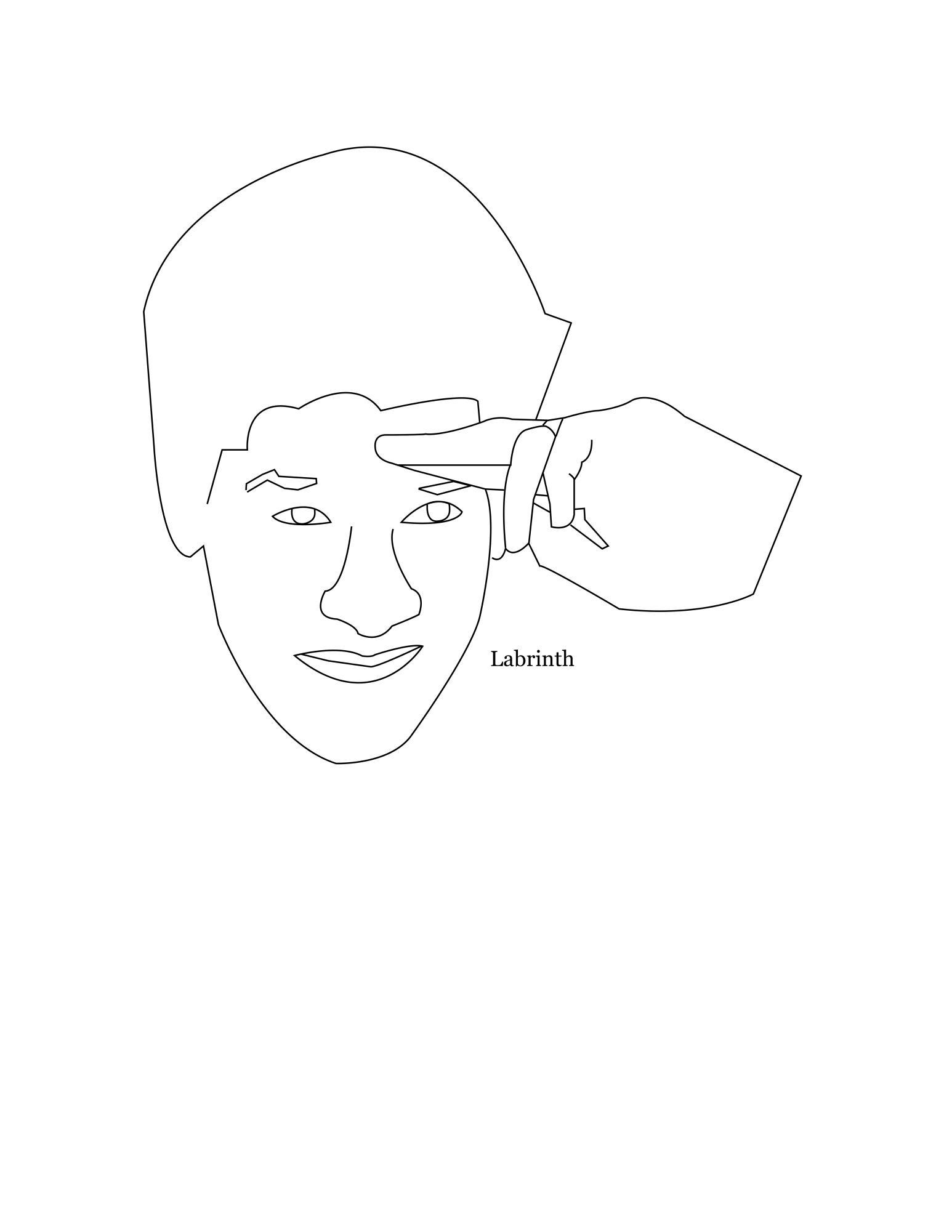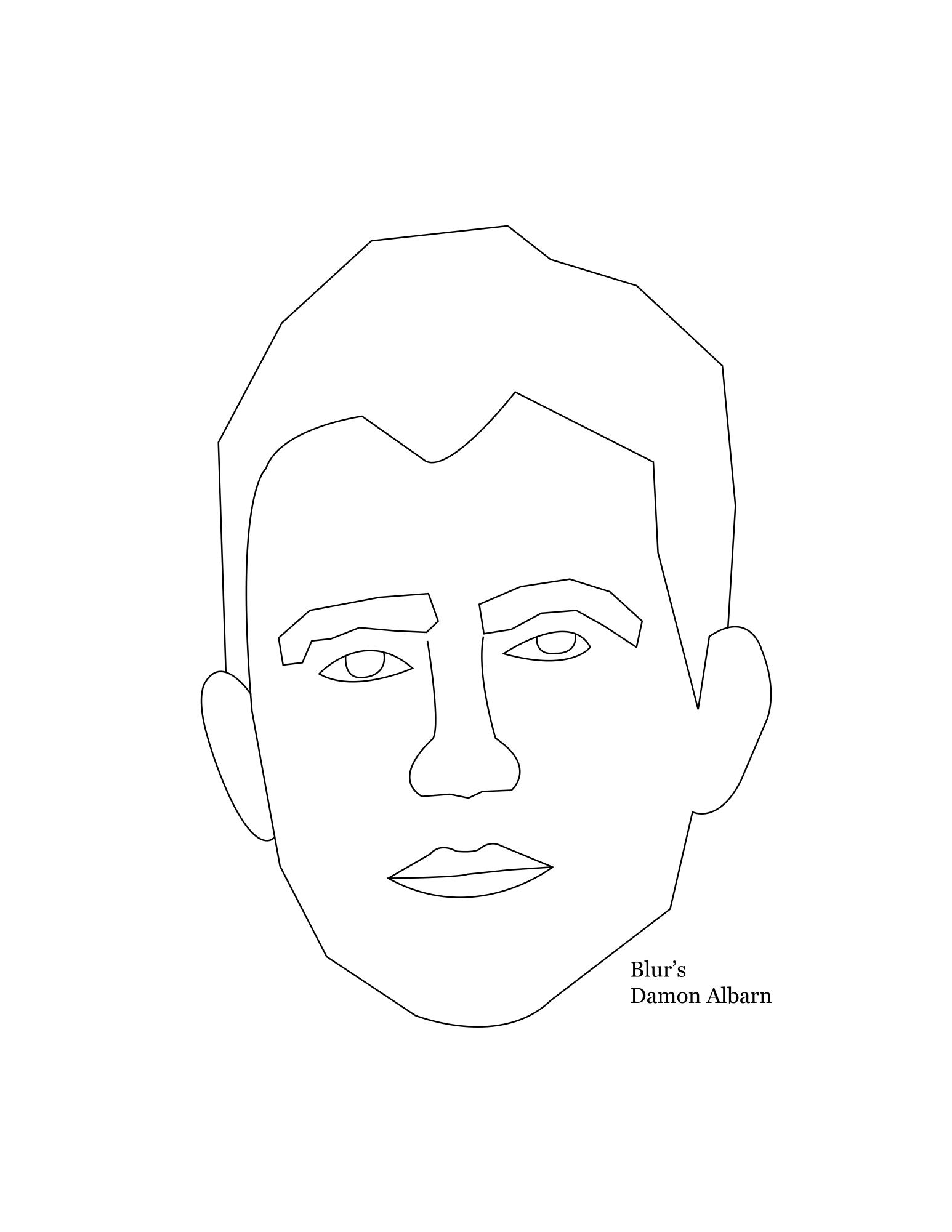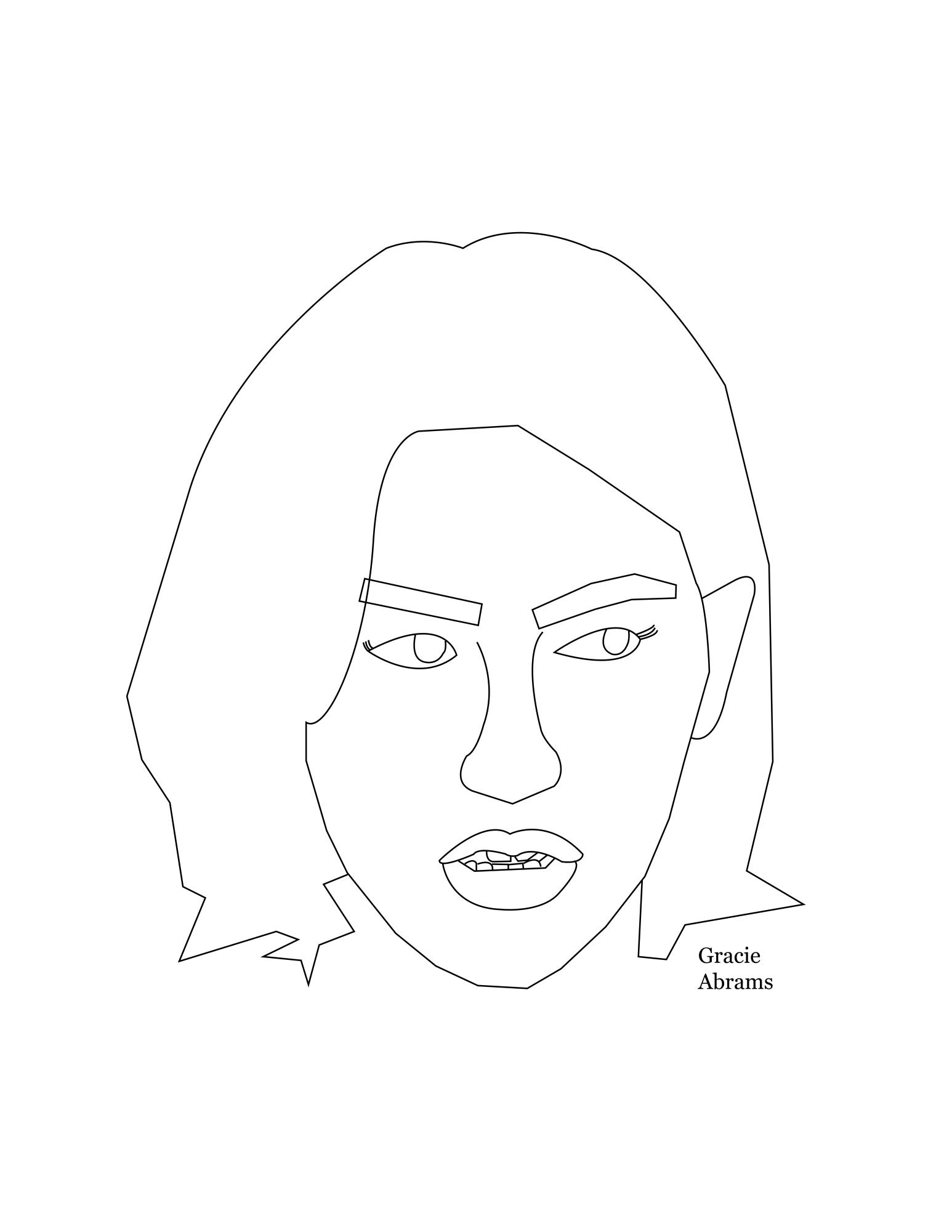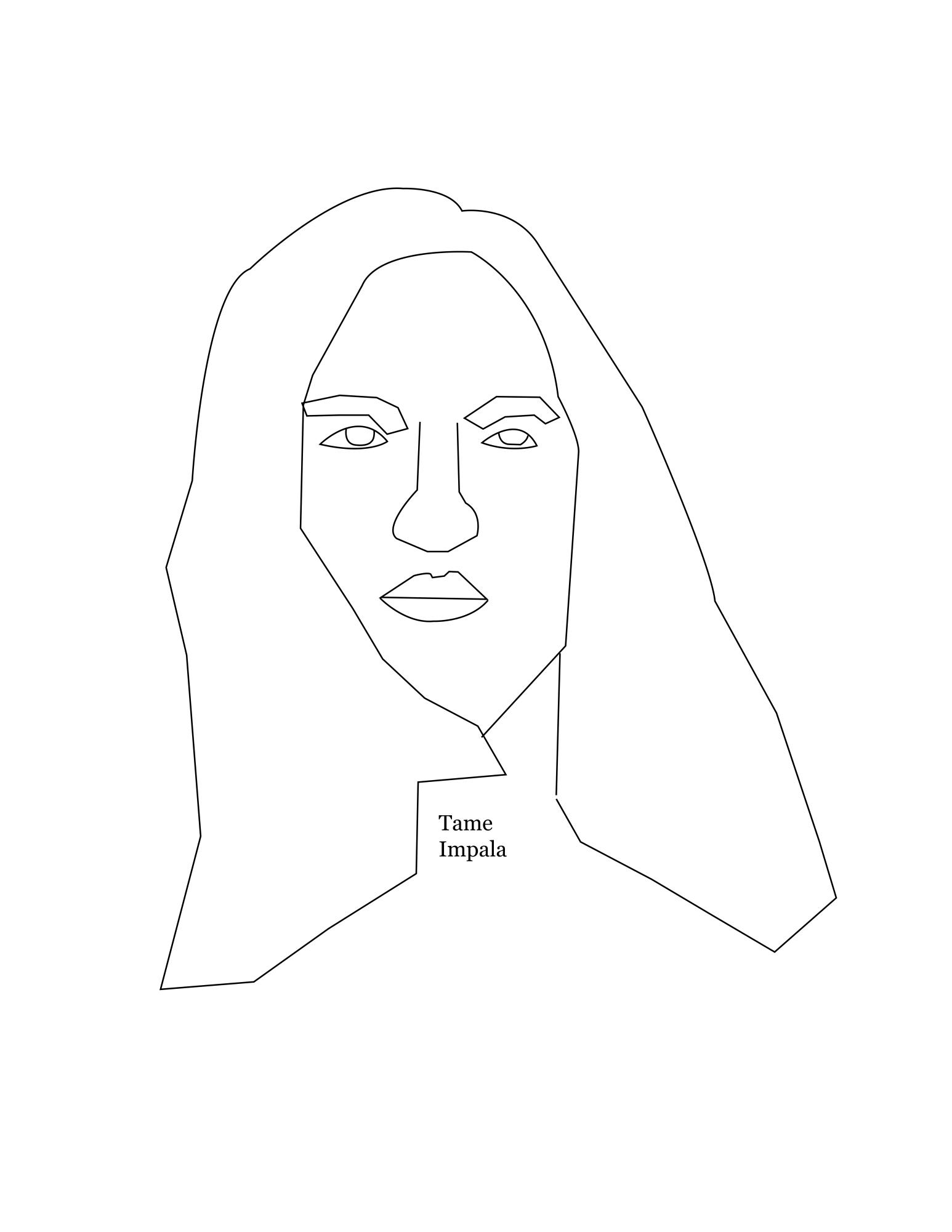Mastry in Music
Mirth and Misery
Benjamin Werner

Muqeet Malik, 9
What artists or groups do you listen to?
“Tanzanite. Earthquake by Labrinth.”
How does music make you feel?
“It makes me feel good. Other times, it makes me feel sad.”
When do you listen to music?
“When I’m doing work or at school — maybe at home.”
Why do you listen to music?
“It helps me feel calm and focused. In a way, it helps me escape from reality.”
How does music affect the brain?
“Different songs can change your mood. [Music] mentally prepares you for things.”
How does music affect your mental health?
“Sometimes, when I’m sad, I can listen to music, and it makes me feel good.”

Ashlyn Connor, 10
What artists or groups do you listen to?
“I love Blur, The Beatles, The Kinks, [and] The Sundays.”
How does music make you feel?
“It makes me feel calm. Even if it’s not calm, it puts me in a calm state.”
When do you listen to music?
“I listen to music whenever I can. I have an AirBuzz account, and I have about 3000 minutes. I also have a vinyl record player and a CD player in my room.”
Why do you listen to music?
“I listen to music because it’s a good way to not stare at your phone while you’re doing something. You don’t want to always have a show on while you’re doing homework. It helps me focus, and it brings me joy — I don’t like sitting in silence.”
How does music affect the brain?
“It can make you happy. If you constantly listen to sad music, you’re going to feel sad. If you constantly listen to happy music, you’re going to feel more happy.
How does music affect your mental health?
“If I had a really bad day, and I go to my room and turn on sad music, I’d probably be crying even more — it would affect your mental health then. Unless you listen to music a lot, it doesn’t cause a lot of harm.”

Sydney Baganz, 11
What artists or groups do you listen to?
“My go-to has to be Gracie Abrams, Noah Kahan, Somber and Phineas.”
How does music make you feel?
“I listen to music about processing things people go through, and [I’m] able to relate to that. It makes me feel very nice [and] relaxed most of the time.”
When do you listen to music?
“I listen to music as much as I possibly can. By the time I get home from school, my headphones are dead.”
Why do you listen to music?
“It gives me like a sense of serenity that helps me process certain things I’ve been through, certain things that I am going through. It helps me realize that there are so many people who can relate, and it makes me feel a little bit less alone.”
How does music affect the brain?
“It can help people process certain things that they go through, build community, and it helps build culture.”
How does music affect your mental health?
“Without music, I wouldn’t be able to go through a bunch of things as well as I did because I didn’t have that sort of outlet to rely on.”

Dayna Bemiss, 12
What artists or groups do you listen to?
“I listen to Cage the Elephant, Wallows, Tame Impala, indie groups.”
How does music make you feel?
It usually picks me up after a bad day, or even a good day; it makes me feel better. If I don’t have music on my car, I’ll turn it on, and I’m like, ‘Yes, this is gonna be a good day.’”
When do you listen to music?
“I listen to music when I drive in the car, every night so I can fall asleep and sometimes when I’m getting ready to pump myself up for the amazing day ahead.”
Why do you listen to music?
“I listen to music to bring up my energy, to not suppress my emotions. If I’m sad, then I’ll listen to sad music.”
How does music affect the brain?
“Music helps your dopamine levels, gets you excited and makes you have a more positive mindset. If a song that you like is stuck in your head, it automatically makes your day better.”
How does music affect your mental health?
“In the morning, when I don’t want to go to school, music makes me better and gets me out of bed. It makes me actually want to do something.”
Mapping Musicians
Lucy James

Musical Mindset
Kamryn Fisher
Music has been a significant part of human culture for around 40,000 years. Evoking emotion and connecting us not only as a society but also as a school.
Anatomy teacher Diane Dunn understands the importance of music and how it can benefit us as a school and individually.
When you hear music it brings back memories and creates connections in the brain, creating emotion. People tend to associate music with certain moments which are processed in many parts of the brain. When an individual listens to music it can strengthen these connections solely because of emotion that is evoked by music, which is processed in several areas of the brain such as the temporal lobe, frontal lobe, amygdala and more.
“I think music is critical to help with those connections so that the different parts of the brain, whether it’s the temporal lobe or parietal lobe, can communicate,” Dunn said. “When you can get those pathways going [from a young age] music helps to develop those brain connections.”
Dunn believes music positively affects students in the classroom, especially in the learning process.
“Music can help some students relax and focus a little bit better,” she said “I know for many that music is something that they use for relaxation.”
Many students use music as a valuable emotional outlet to calm the everyday nerves of life and of being a student.
“I think sometimes the type of music can have an impact,” Dunn said. “There have been studies where slower music with the slower beat is calming — 60 beats per minute. It slows the body down so you can relax.”
Music impacts us individually but can also foster a strong school spirit. When we attend pep assemblies, music is an important part.
“Music helps to build school spirit, especially with the school fight song,” Dunn said. “It becomes a routine. Certain songs are always played at different events, and it’s part of the culture and atmosphere.”
In school sports, music has the impact of influencing the ambiance.
“[If] you ever go to a football game or a basketball game and there’s no pep band, there’s a big piece missing,” Dunn said. “You’re like, ‘Wow, what’s wrong with this picture? Oh, the band’s not here.'”
At Blue Valley High School, there are multiple programs to enrich students of music.
“Different types of music programs in a high school is super important,” Dunn said. “Whether it’s vocal music or orchestra or band, I think all of those are important to have because it gives students a creative outlet, and it does help develop the brain.”







